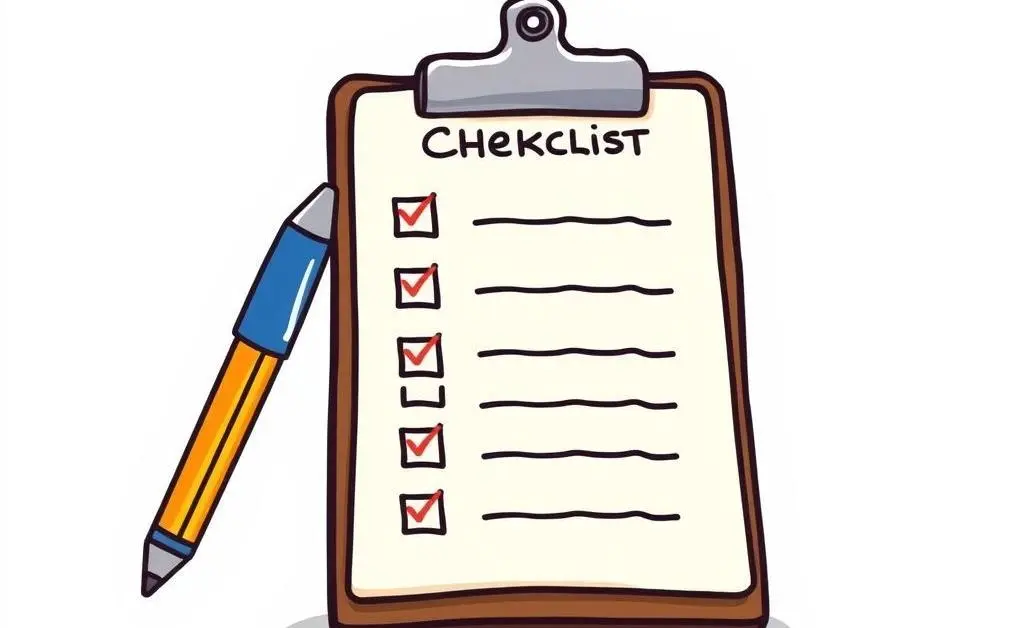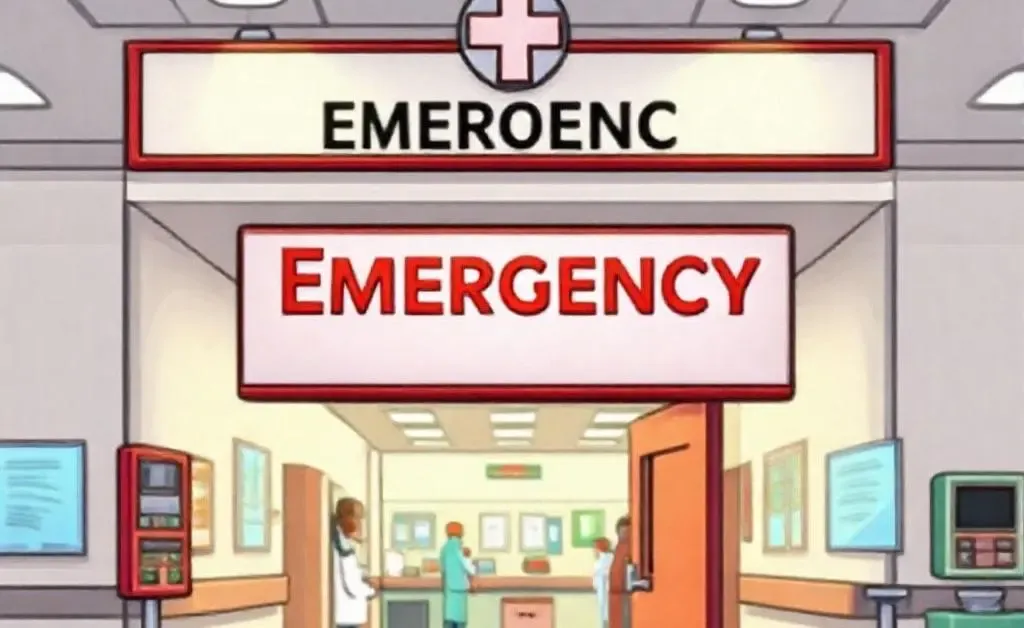Navigating Health Insurance Claims: What to Know Before You Go to the ER
Discover crucial insights on handling health insurance claims for ER visits easily.

Have you ever been caught in the whirlwind of filing a health insurance claim after visiting the ER, only to find out that certain treatments aren't covered? You're not alone, and navigating this complicated process can be overwhelming but also empowering with the right information. Let's delve into the essentials you need to master the insurance maze.
Understanding the Ins and Outs of ER Visits
Imagine this: it's the middle of the night, and you're at the ER following a kitchen mishap. The last thing you're considering amid the chaos is your health insurance plan.
However, knowing what your insurance covers before an emergency can save you from unexpected costs. Start by reviewing your plan:
- Deductibles and copays: Are you aware of the immediate costs?
- Network hospitals: Is the ER within your network?
- Covered conditions: Are common emergency treatments covered?
Don’t Hesitate to Consult Your Insurer
It might seem daunting, but calling your insurance for clarification can save you both time and stress. When in doubt about what your plan includes, a few questions can make a big difference.

"Always double-check what had been billed—once I found an incorrect charge for a treatment I hadn’t received," a friend once shared.
Tackling Claims with Confidence
Once the immediate medical care is addressed, the next step is filing the claim. Here’s a quick checklist to help ease this step:

- Collect all relevant documents: bills, prescriptions, and medical reports.
- Ensure details match those covered by your plan.
- Double-check against your policy: Look out for common exclusions.
- Track your claim status: Many insurers offer online tracking.
Navigating Denials and Appeals
If a claim is denied, it's not the end of the road. Many cases can be appealed successfully. Here's how you can proceed:

Start by understanding the reason behind the denial. Request a detailed explanation, ideally in writing, so you can address each point appropriately. Gathering supporting documents and maintaining communication with your insurance can turn the tide in your favor.
Handling insurance issues can often feel like learning a new language. But with a bit of knowledge and preparation, it can become a tool for maintaining peace of mind rather than just a necessity. What's been your most successful strategy in managing health insurance claims?




